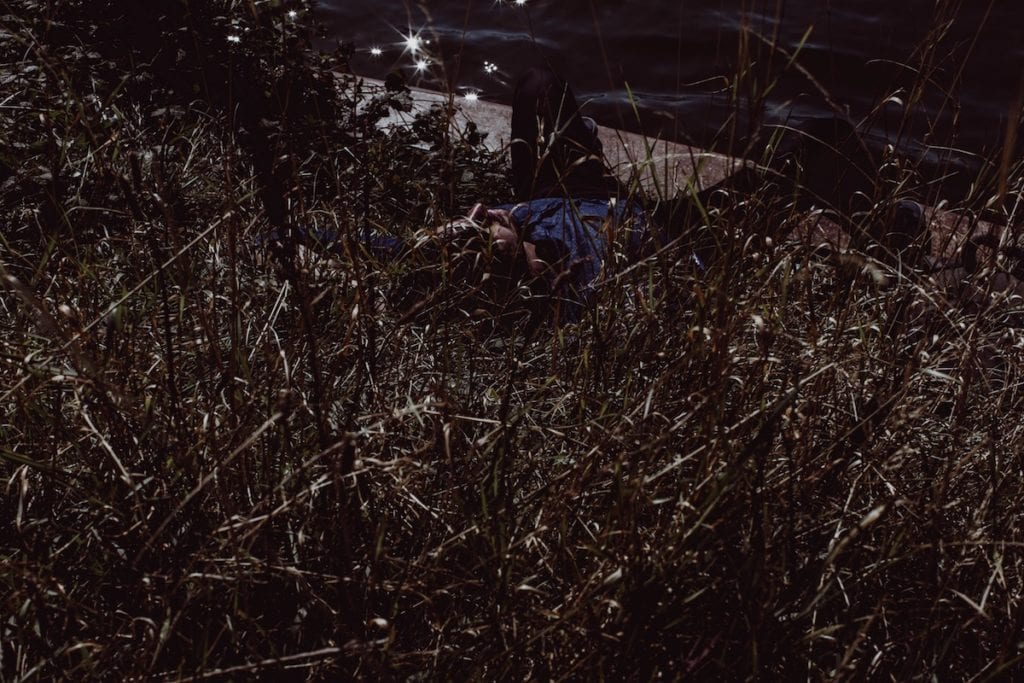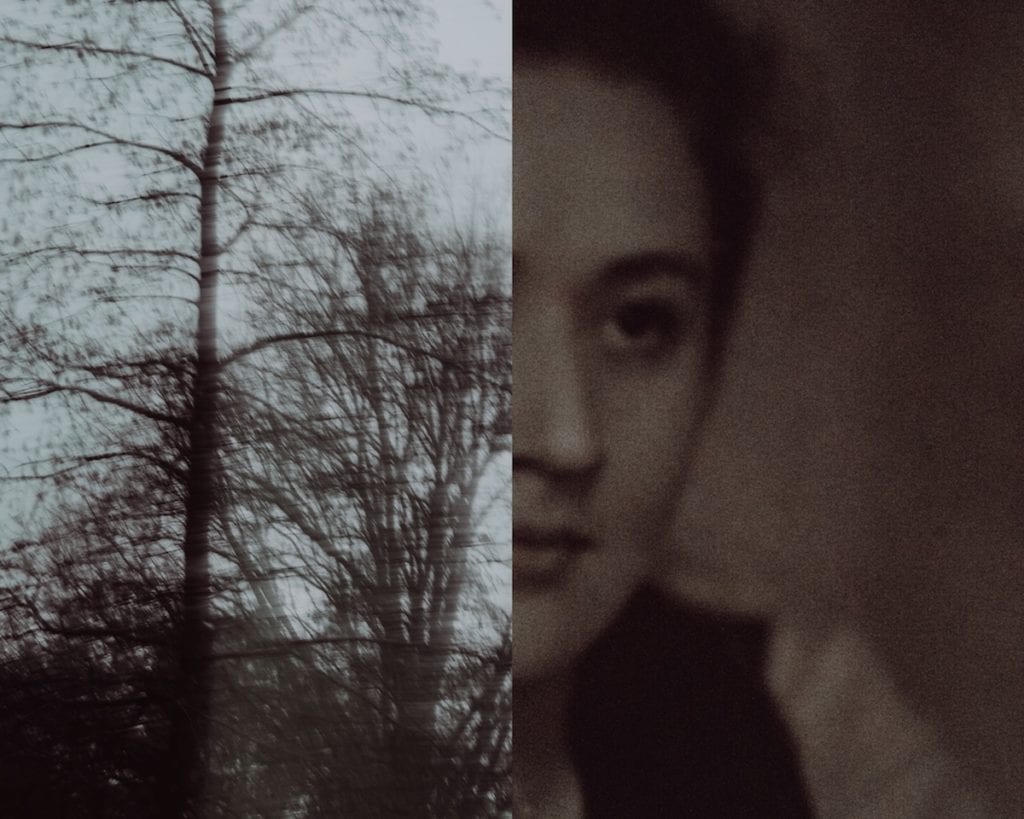Each year, British Journal of Photography presents its Ones To Watch — a group of emerging image-makers, chosen from hundreds of nominations by international experts. Throughout September, BJP-online is sharing their profiles, originally published in issue #7898 of the magazine.
For Thana Faroq, photography was less a calling, but rather a tool. “I wasn’t born with this special talent towards photography or the arts,” says Faroq. “It came to me as a decision.” Returning to her native Yemen after studying in North America, Faroq began practising as a documentary photographer. One series, Born in a prison, revealed the harrowing lives of children born to imprisoned mothers, who had never seen the world beyond. Another, Women like us, narrated the tales of women displaced by the ongoing Yemeni Civil War. Faroq vividly captured these upended lives through pin-sharp portraiture, interweaving her images with the stories of her subjects.
The war broke out in 2015, and the year after Faroq moved to London to study an MA in Documentary Photography and Photojournalism at the University of Westminster. “I thought I would leave for a year, and by the time I was done, the war would be over. But that was really naive,” she recalls. Finding herself unable to return home, Faroq sought refugee status in the Netherlands. She found herself moving between refugee camps, before she was ultimately granted asylum — a status that allows her to live and work in Europe, but cuts her off from her home country.

This trial completely recast Faroq’s practice. “I used to document the lives of women displaced by the war,” she explains, “and now I’m one of them. It’s becoming more about my own experience.” The book project I don’t recognise me in the shadows (2012-17), which was founded by the Open Society Foundations and will be published by Lecturis in October 2020, was exhibited in part at Pulchri Studio in The Hague earlier this year and was the first manifestation of this change. Rather than being tied to a single place and time, it pulls together snapshots from Faroq’s own travails as an asylum seeker, those of the people she met in the camps and those from a Yemeni refugee camp she visited in Djibouti. The whole is, in Faroq’s own term, “chaotic.” We see views from the bus, a message scrawled on a fragment of the Evening Standard, and milky-toned, spectral portraits of refugees. “I wanted these portraits to be seen,” says Faroq of her exhibition, “to show that these people exist, that I exist.”
The ghostliness of these portraits reveals an overwhelming sense of absence in lives cut off from their friends, family and state. Faroq’s recent sequence, Tea with my mother, shows the consequence of this severing in her own life. The photos depict video chats on a smartphone with the mother Faroq has been unable to meet in person since her departure. Faroq’s phone leans against a kitchen wall, a fruit basket and a drizzle-soaked window. The mundanity of these scenes stresses the quotidian nature of some refugee journeys, removed from the tragedies emphasised by the media. “I wanted to present things in a very light manner,” says Faroq. “Of course there are horrific stories, it’s real and it’s happening. But showing that is always going to create a distance between us and you.” By showing the everyday reality of refugee life — watching Netflix in the camp, long bus journeys, doodles on walls — Faroq’s work prompts empathy.

Faroq’s new series I was younger yesterday (2019) charts undocumented asylum seekers in the Netherlands, individuals unable to return to their home country or settle in the Netherlands, some of whom spend years, even decades, in limbo. “I’ve named it so,” the photographer explains, “because of the way you lose a time and place, and age in no time, physically, emotionally and mentally.” The series is riven with this idea of arrested time, of lives spent waiting for a change that might never come. We see a pair of men fishing, a framed photograph of a lost family, a letter from home voraciously torn open. Faroq subjects are still points in a turning world.
“Faroq’s work bears witness to the injustices suffered by those who have fled and those who remain,” says BJP senior writer Hannah Abel-Hirsch, who nominated the photographer as one of this year’s talents. “Her multi-layered practice is ever-evolving and tackles difficult subject-matter in a manner which is simultaneously sentimental and informative. This approach is evocative; it effectively raises awareness of these issues in a nuanced way.” Although her approach has changed from the documentary style of her Yemeni works, Faroq’s projects retain their social focus. “I’m not an activist,” Faroq explains, ”but I think it’s my responsibility as a photographer to point out that there is a pain here.” Her work powerfully gives presence to the absent, and visibility to the invisible, embodying the emotional complexities of refugee experiences.
